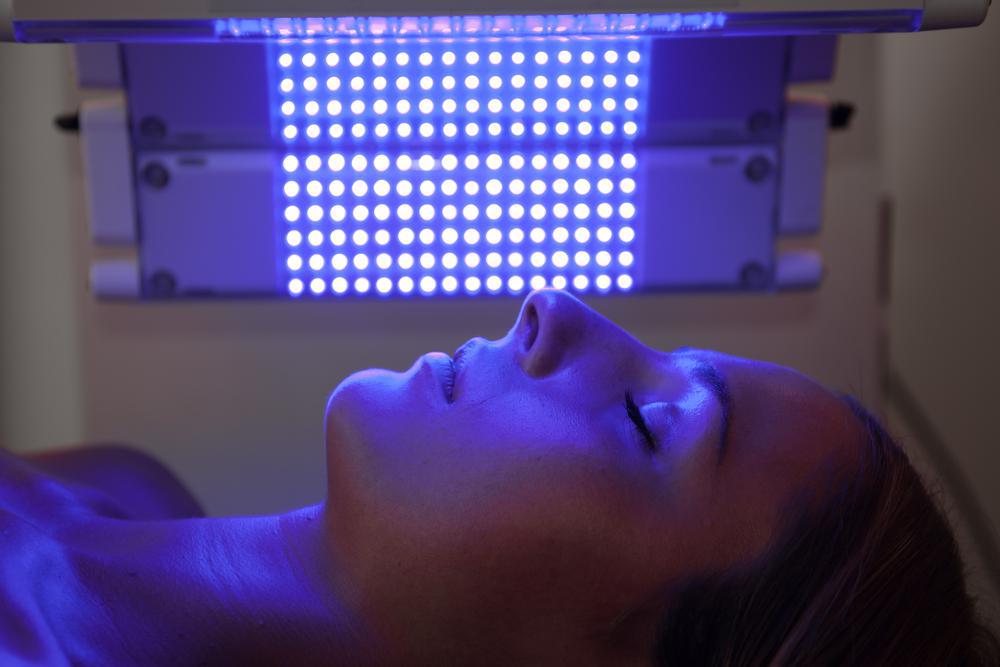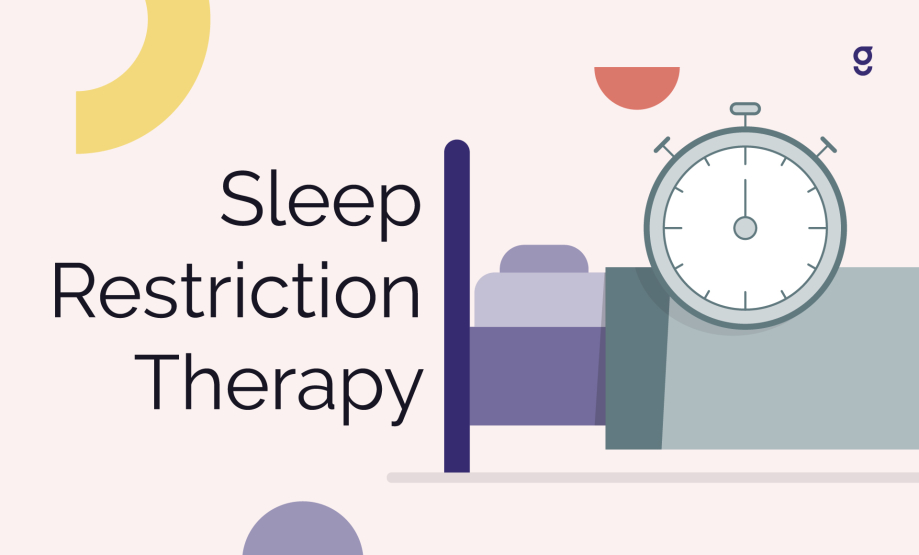Sleep Improvement Therapy - Boost Your Sleep Quality
Sleep Improvement Therapy - Boost Your Sleep Quality
Blog Article
Efficient Therapy Solutions for Managing Rest Disorders and Enhancing Relaxing Rest
In the world of health care, the management of rest problems and the pursuit for relaxing sleep are critical components of general wellness. As we browse the intricate landscape of sleep conditions and seek to enhance our rest experience, a deeper understanding of these therapy options might hold the secret to unlocking an extra rejuvenating and meeting restorative trip.
Cognitive Behavior Modification for Sleep Problems (CBT-I)
Cognitive Behavioral Therapy for Sleeplessness (CBT-I) is an organized, evidence-based treatment method that concentrates on resolving the underlying elements adding to rest disturbances. This kind of treatment intends to modify habits and thoughts that intensify insomnia, ultimately advertising healthy rest patterns. CBT-I typically involves several key components, consisting of cognitive treatment, rest restriction, stimulus control, and rest hygiene education and learning.
Cognitive therapy assists individuals determine and transform unfavorable idea patterns and beliefs regarding sleep that may be preventing their capacity to drop or remain asleep. Rest restriction involves limiting the amount of time spent in bed to match the individual's real sleep period, therefore boosting sleep efficiency (insomnia counseling). Stimulation control methods help develop a solid association in between the bed and sleep by urging individuals to go to bed only when drowsy and to avoid participating in boosting tasks in bed
Additionally, sleep health education and learning concentrates on creating healthy and balanced sleep behaviors, such as keeping a constant rest schedule, producing a relaxing going to bed regimen, and maximizing the rest setting. By addressing these aspects comprehensively, CBT-I provides an efficient non-pharmacological intervention for taking care of insomnia and boosting overall rest quality.
Rest Hygiene Practices
Having developed the foundation of cognitive restructuring and behavior adjustments in resolving sleep problems via Cognitive Behavioral Treatment for Insomnia (CBT-I), the emphasis now moves in the direction of discovering crucial Rest Health Practices for maintaining optimal rest top quality and general well-being.
Rest health techniques encompass a series of behaviors and ecological variables that can substantially affect one's capacity to sleep and stay asleep throughout the night. Consistent rest and wake times, developing a relaxing going to bed routine, and enhancing the rest environment by maintaining it dark, quiet, and cool are crucial elements of excellent sleep health. Restricting exposure to displays before going to bed, avoiding energizers like caffeine near to bedtime, and taking part in regular exercise throughout the day can also advertise far better rest high quality.
Moreover, practicing relaxation strategies such as deep breathing workouts or meditation prior to bed can assist calm the mind and prepare the body for sleep. By integrating these sleep hygiene methods right into one's daily regimen, individuals can develop a healthy rest pattern that sustains relaxed rest and general health.
Relaxation Strategies and Mindfulness
Executing relaxation strategies and mindfulness techniques can play a crucial role in fostering a sense of tranquility and advertising quality sleep. In addition, directed imagery can aid carry individuals to a relaxed area in their minds, aiding in anxiety decrease and boosting sleep high quality.
By integrating these techniques into a bedtime routine, individuals can indicate to their bodies that it is time to prepare and take a break for rest. Overall, integrating leisure techniques and mindfulness practices can dramatically contribute to handling sleep conditions and improving overall rest quality.

Medicine Options for Sleep Disorders
After discovering relaxation techniques and mindfulness practices as non-pharmacological treatments for enhancing rest top quality, it is vital to take into consideration medication options for individuals with rest problems. In cases where way of life modifications and treatment do not offer enough alleviation, medication can be an important tool in handling rest disturbances.
Generally suggested medications for rest conditions consist of benzodiazepines, non-benzodiazepine hypnotics, antidepressants, and melatonin receptor agonists. Benzodiazepines, such as diazepam, are sedatives that can aid cause rest, however they are normally recommended for short-term use due to the threat of reliance. Non-benzodiazepine hypnotics like zolpidem are additionally used to treat sleep problems and have a reduced risk of dependancy contrasted to benzodiazepines. Antidepressants, such as trazodone, can be beneficial for individuals with co-occurring anxiety and rest disturbances. Melatonin receptor agonists, like ramelteon, target the body's natural sleep-wake cycle and can be handy for managing rest patterns.
It is vital for people to talk to a doctor to figure view it out the most suitable medication option based on their particular rest condition and case history.
Light Therapy for Circadian Rhythm Policy
Light therapy, likewise called phototherapy, is a non-invasive therapy technique utilized to regulate circadian rhythms and boost sleep-wake cycles. This therapy includes direct exposure to intense light that mimics all-natural sunlight, which assists to reset the body's internal clock. By exposing individuals read this to specific wavelengths of light, usually in the morning or night depending upon the desired effect, light treatment can properly change the body clock to advertise wakefulness throughout the day and enhance peaceful sleep at night.
Study has actually revealed that light therapy can be especially advantageous for people with circadian rhythm conditions, such as postponed sleep stage syndrome or jet lag. It can also be handy for those experiencing seasonal affective disorder (SAD), a sort of depression that normally happens throughout the wintertime months when natural light exposure is lowered. Light treatment is normally well-tolerated and can be used along with various other therapy techniques for rest problems to maximize outcomes and improve general rest quality.
Verdict
Finally, reliable treatment solutions for managing rest problems and improving restful sleep consist of Cognitive Behavior modification for Sleeping Disorders (CBT-I), sleep hygiene methods, leisure methods and mindfulness, medication options, and light treatment for circadian rhythm law. These approaches can help people boost their sleep quality and overall well-being. It is important to speak with a healthcare supplier to figure out the most ideal approach for addressing sleep problems.
As this content we navigate the complex landscape of sleep problems and look for to boost our sleep experience, a much deeper understanding of these treatment remedies might hold the key to unlocking a much more refreshing and meeting restorative trip.
Sleep limitation involves restricting the quantity of time invested in bed to match the individual's real rest duration, consequently boosting rest performance. Consistent sleep and wake times, creating a relaxing bedtime regimen, and enhancing the sleep environment by keeping it dark, quiet, and cool are crucial elements of great sleep health. Light treatment is generally well-tolerated and can be utilized in combination with various other treatment approaches for sleep conditions to maximize results and enhance overall sleep top quality.

Report this page